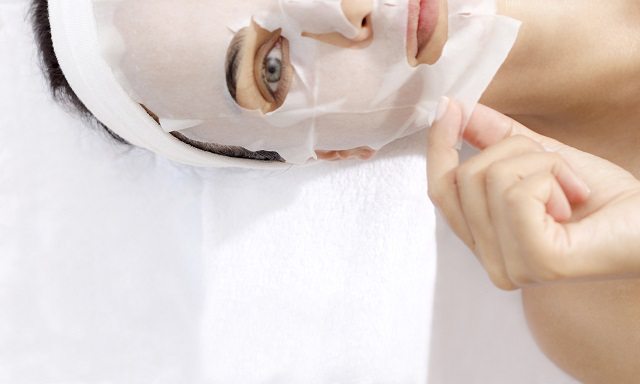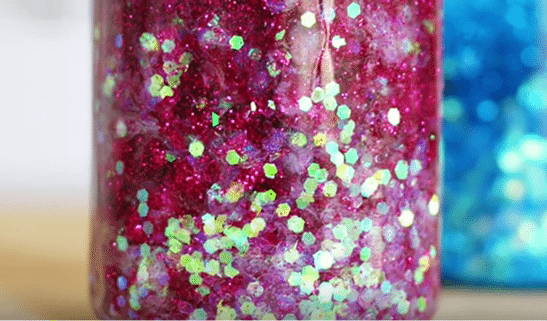While we adore spending our copious amount of free time (yeah right) with Sudocrem on our spots and coconut oil on our spit ends, sometimes we have to wonder, how many of these beauty myths are actually true? Brenda McCormick finds out…
FALSE: If you have oily skin you shouldn’t wear a moisturiser
This one is most definitely not true. All skin types need the added protection moisturisers provide. using a moisturiser also helps protect the skin’s barrier function, helping to prevent moisture loss and dehydration. Product formulations have improved immeasurably over recent years and there are some brilliant oil-free and oil-absorbing moisturisers available now. in particular, look for ones containing antioxidants and antibacterial ingredients, which will help to heal and prevent future breakouts.
TRUE: Everyone should use a night cream
Often seen as an optional step in a skincare routine, night creams are extremely beneficial, according to Sally Penford from the international Dermal institute. At night, skin excretes less sebum, loses more water and is hotter and more acidic (making it drier and more easily irritated) so, on a practical level, moisturisers are very helpful. But there are added benefits to using a cream at night. “Your skin doesn’t have to ‘fight’ [free radicals, pollution, etc.] as it does all day,” Sally explains. “it rejuvenates and repairs at night.” the skin’s barrier is also more relaxed while you sleep, making it more receptive to products, so it’s the perfect time to get some skin-boosting goodies onto your face. Look for repairing ingredients like peptides, vitamins A, C and e, and barrier-restoring oils such as evening primrose, argan and rose oils.
FALSE: You can mend split ends
Unfortunately, the only way to sort out split ends is to cut them off. However, it is definitely worth taking the time to prevent them reoccurring in the future. treat your hair gently: don’t put your hairdryer too close to it and detangle hair from the ends up. Apply a protective serum, particularly if you use heated styling products. Getting your hair trimmed every six weeks will help to keep it healthy and free of split ends.
FALSE: Your skin gets used to products
Not true, but it is true that products that once worked for you may not always be as effective. Your skin is a dynamic organ and changes over time. it reflects what’s going on inside and around the body Your diet (and the amount of vitamins you’re ingesting), stress levels and environmental factors can all affect how skin looks and feels. Also, skin undergoes changes as we age so, for example, you might have oily skin in your younger years but drier skin as you age. Visit your local beauty therapist for regular skin analysis to ensure you’re using the right products for your skin as it is now.
TRUE: White spots on fingernails are caused by calcium deficiency Kind of…
White spots (known as leukonychia) can be caused by a number of things, including a calcium deficiency in the diet. usually, though, it is a previous trauma or injury to the nail, such as banging it off a door or table. other explanations could be a zinc or protein deficiency, a sluggish immune system, psoriasis, eczema or an allergic reaction to certain nail products such as remover or varnish. Leukonychia usually grows out over time, within eight to ten weeks.
TRUE: You can change the size of your pores
Kambiz Golchin, ENT and facial consultant at the Beacon Face & Dermatology Clinic, says: “Skin pores have no muscle, therefore they do not open and close. While the size of pores is largely determined by genetics, some tend to be bigger than others because of the size of the hair follicle and oil gland. Poor hygiene and the resulting dirt, oil and dead skin cell build-up can also make them look bigger,” Kambiz says, adding: “Ageing and sun damage also contribute to pore size. As the skin around a pore loses its firmness, the pore may appear larger because of the lack of support from the surrounding tissue. You can make pores look smaller by removing excess sebum and debris. Performing the right daily skincare regime is very important; however, for more problematic cases, laser resurfacing can be an effective way of dealing with this annoying problem.”
maternity&infant
Originally posted 2016-09-22 15:27:39.









